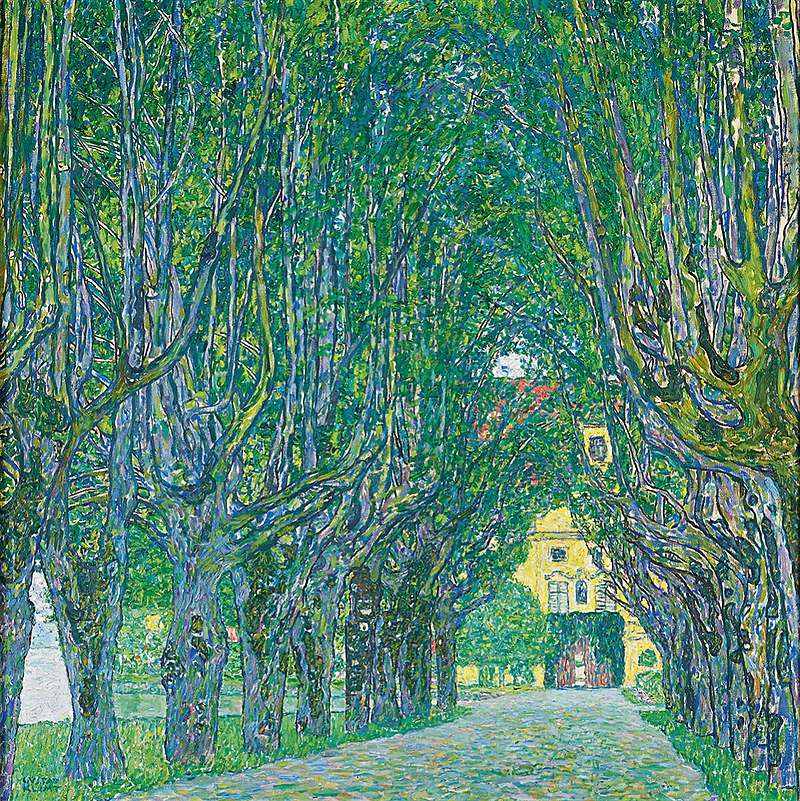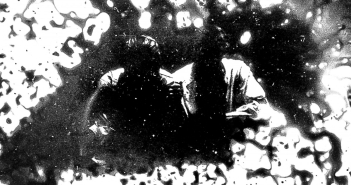There still exists – even today – a yearning, a nostalgia for European solidarity, a solidarity of European culture. Regrettably, solidarity itself no longer exists, except in hearts, in consciences, in the minds of a few great men at the heart of each nation. European consciousness – or what one might call a ‘cultural European awareness’ – had been on the wane for years ever since the awakening of national identity. You could say that patriotism has killed Europe.
Joseph Roth, On the End of the World (first published in 1933).
Late last month 28.9% of Austrians voted for the Freedom Party (FPÖ) led by Herbert Kickl, an avowedly anti-migrant, anti-Islamic party, founded in the 1950s by former Nazis. The governing conservative Austrian People’s Party (ÖVP) gained 27.5% lost 20 seats, while its coalition partner, the Greens received 8.2%, losing 10 seats. In third place, the centre-left Social Democratic Party (SPÖ) received 21.1%, marking its worst result ever. In fourth place, the liberal NEOS increased its share to 9.1%.
We can only hope that the conservatives do not enter into a coalition with Kickl’s party as Hindenburg did with Hitler’s Nazi party. Perhaps a Dutch solution will at least dilute the forces of darkness. Kickl was formerly the speech writer of the now-deceased long-time leader of the Freedom Party, Jörg Haider, but Kickl is far less ambiguous in his pronouncements than his former boss.
What’s clear is that the far right is on the rise across Europe, Ireland and the world. My own childhood in Ireland, as a half-Austrian, not unlike Hugo Hamilton’s experience as recounted in his autobiography The Speckled People, involved casual racism and bullying on account of my background.
At one level Austria is among the most cultured of nations. So, I defend it. Ma Vlast as Smetana said about Czech Bohemia, albeit a defensive posture often leads to a failure in understanding. Why Kickl? What is the Austrian Mind that has created this?
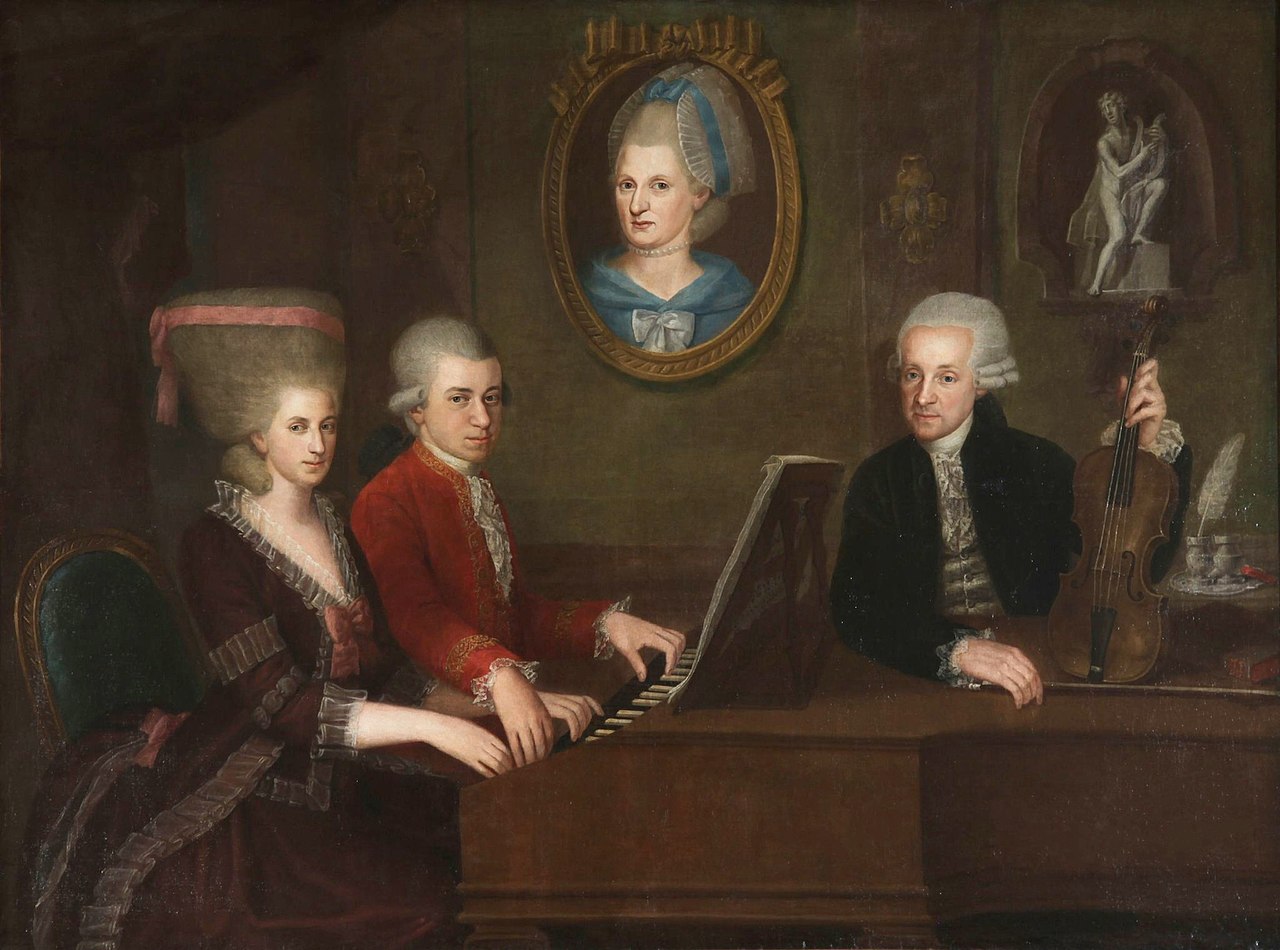
Mozart family, c. 1780 (della Croce); the portrait on the wall is of Mozart’s mother.
Mozart of Salzburg
My family, who I am close to, hail from Salzburg, home of the Fespiele. Mozart was, of course, born in Salzburg where a little museum glorifies his brief tenure on Earth. Mozart’s music combines lyricism, frivolity and profundity in equal parts. What it points to in the human condition is not just chocolate-box fripperies, or the texture of lightness that is Eine Kleine Nachtmusik, but the darkness therein. Darkness threads through the Austrian mind, juxtaposed with light.
Thus, Don Giovanni is about the destructive powers of rakish satanism, also evident in Stefan Zweig’s arguably best book beautifully filmed by Max Ophuls’ Letters from an Unknown Women.
In Mozart also the incomparable Magic Flute splendidly rendered into film by Ingmar Bergman, is in effect about the dubious justification of freemasonry to which Mozart belonged; and also, a cri de coeur, in praise of enlightened and benevolent monarchism against the vectors of state and, in particular, church authoritarianism. This assertion of a wise moderation against extremism resonates today.
The great enfant terrible of Austrian letters and its greatest post-war writer Thomas Bernhard was gloriously insulting about Austria. His masterpiece Woodcutters (1984) is about a man in a chair at a party sipping Champagne. Letting fly at Austrian bourgeois hypocrisy, he says:
Everything about you, everything you are, has always been pretence, never genuine, never real.
In his will, Bernhard ordered that none of his works should be performed in Austria. This has been deliberately avoided. All cultures have their tropes.
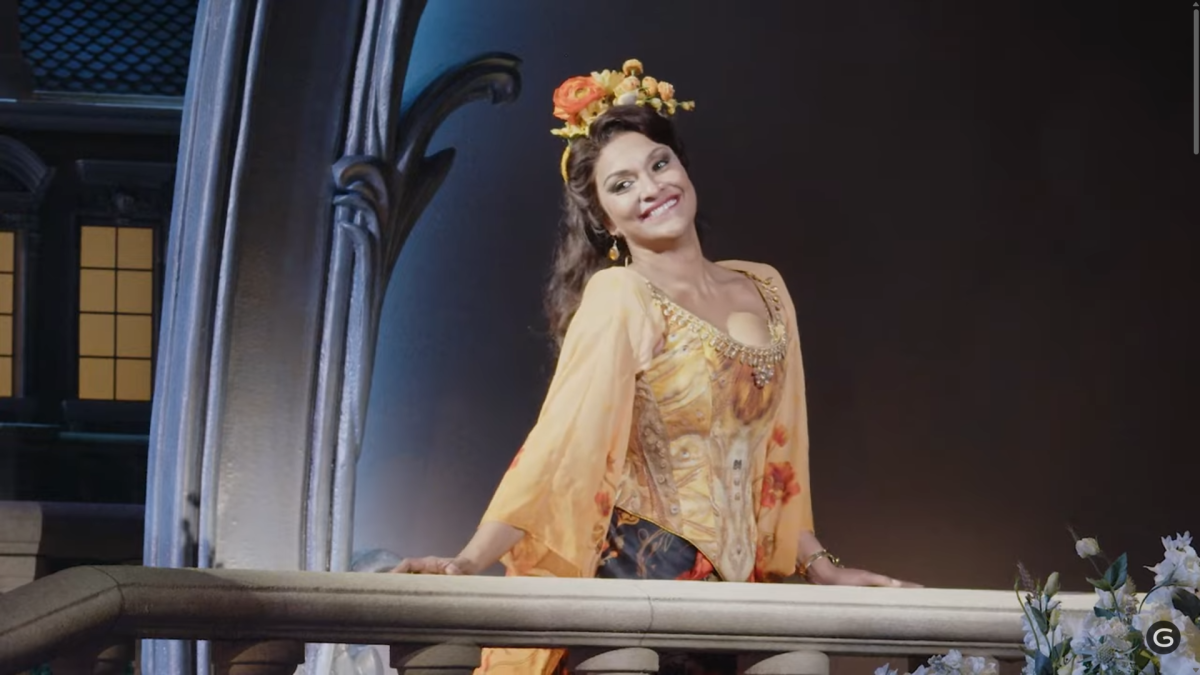
The Merry Widow: https://www.youtube.com/watch?v=tv1GNZCyL64
Austrian Kitsch
Culturally, Austrians, along with the Irish and British, have far too close a relationship with kitsch. The Merry Widow light operetta, like a jaded ritual, is still performed in the Lehrer Theatre in Bad Ischl and elsewhere. The Blue Danube is not unlike a classic Britpop song.
The great Herman Broch was fascinated by kitsch, linking it correctly to a decline in values:
The maker of kitsch does not create inferior art, he is not an incompetent or a bungler, he cannot be evaluated by aesthetic standards; rather, he is ethically depraved, a criminal willing radical evil. And since it is radical evil that is manifest here, evil per se, forming the absolute negative pole of every value-system, kitsch will always be evil, not just kitsch in art, but kitsch in every value-system that is not an imitation system.”
In some respects, the triumph of kitsch paves the way for Nazism, as Broch and indeed Robert Musil have both argued. Radical evil and bad art is evident in our age too. This is a kind of camp fascism which Susan Sontag also identified.
Beethoven was of course German, but lived and died in Vienna. His darkness is a counterpart to Mozart’s light. His deafness influences the isolated pessimism of the later atonal dark sonatas, and are close to the finality of expression in musical terms that Beckett created in language.
His final string quartet is integral to Dr Faustus by Thomas Mann, where the satanic composer, modelled on Heidegger, sells his soul to the devil.
I have found that it must not be. The good and the noble, what they call the human, even though it is good and noble, what men have fought for, have stormed citadels for, and in their moment of fulfilment, have jubilant proclaimed it is not to be. It is not to be, it will be taken back. I will take it back.
Mann, the great German conservative, had the moral integrity to decamp to the U.S. and to Switzerland, but a crucial point to appreciate is that conservatism is not all bad if it conserves the good and the ethical too. So, the Christian Democrats in Austria have a stark choice, whether to embrace satanism or not.
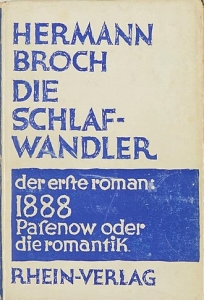
Sleepwalkers
The rise of Nazism is also anticipated brilliantly in Broch’s The Sleepwalkers, one of the great novels of Austrian heritage. In the character of Hugenau, a man solely motivated by profit – homo economicus to use the term favoured by the nefarious law and economics movement in Chicago – we have a real sense in 1918 of a brutalised generation containing the seeds of fascism. The book culminates in the murder of a journalist and the rape of his wife.
This is akin to neoliberal Europe today where meaningful journalism has been effectively killed and defiled, as state-sponsored criminals launch hatred at ‘the other.’ Off with their heads, or to Rwanda, or now Albania.
The legendary Austrian filmmaker Michael Haneke in The White Ribbon, based in pre-war Germany at the turn of the twentieth, demonstrated how damage had been done to a whole generation by a cruel form of authoritarianism. Today, social media has augmented the problem of semi-literacy. Strange fruit, as Billie Holiday would say, is ready for demonisation. In Ireland the neoliberal governing parties have generated the social conditions for riots and a new decadence.
As for Italy, the land of Fellini and Da Vinci, where the far-right mayor of Monfalcone near Joycean Trieste has banned cricket as she does not like Bangladeshi people in her town; they only play cricket she says and contribute nothing. The fact that such football clubs as AC Milan was originally a cricket club seems lost on her. Mayor Anna Maria Casing, elected on an anti-immigration platform is now an MEP. Her far-right colleague, prime minister Meloni prosecuted Roberto Saviano the legendary journalist for calling her a bastard over her immigration policies.
So, Austria is not alone in its infamy.
The darkly pessimistic Herman Broch shows how the far right and populism go hand-in-hand with hatred:
It is always he, unfortunate wretch, who assumes the role of executioner in the process of value-disintegration, and on the day when the trumpets of judgment sound it is the man released from all values who becomes the executioner of a world that has pronounced its own sentence.
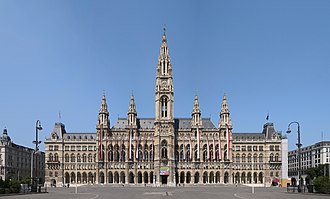
The Rathaus (City Hall), the seat of the local government.
Golden Age
The golden age of Vienna ended peremptorily with the dismembering of the Austrian empire, after the assassination of Archduke Ferdinand at Sarajevo sparked the inferno of World War I, when leaders sleepwalked into war. This is the state of somnambulism that Broch also identified evident in Musil.
The word Kaakinen is Broch’s playful word for Vienna which, in effectively means shit. Thus, he writes in The Man Without Qualities:
Stupidity is active in every direction and can dress up in all the clothes of truth. Truth, on the other hand, has for every occasion only one dress and one path, and is always at a disadvantage.
In Zweig’s retroactive memoir The World of Yesterday there are references to Freud and Herzl (one of the founders of Zionism), among the titanic intellectual figures of pre-war Vienna. These are curiously name-dropped like the celebs of our time, but in a curious state of derealisation of how history is closing in. Freud, who was Austrian, died as an emigre from fascism in the U.K..
Whether the concept of hysteria is sexual or not, no doubt this is a hysterical age where all sorts of fantasises are being sublimated into nefarious activities and agendas – and indeed where persecution delusions are omnipresent. This leads to the scapegoating of immigrants.
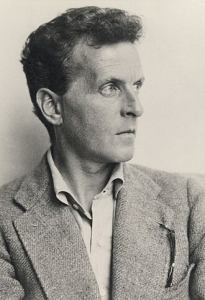
Ludwig Wittgenstein, 1930.
The Sound of Silence
Ludwig Wittgenstein is central to our age of distortion and manipulative language. The fundamental achievement of his Tractatus is a recognition of the limitations of language. It can only show and represent, he argues, and, within limitations, clarify. Thus, language is context-specific, self-limiting and denuded of ethical and moral context.
Reading Wittgenstein, like reading Hemingway, Camus, and Beckett, clarifies how language should be used clearly, and is most useful for everyday life, but not ethics. The final line of the Tractatus has acquired a mythical status: ‘What we cannot speak about we must pass over in silence.’
Silence is important, but when we can speak let us speak out ethically. A recent Austrian Nobel laureate is Peter Handke is a great writer, though not in Thomas Bernhard’s league. Handke’s flirtation with the Serbian cause, however well-intentioned and misconstrued, leave a degree of doubt, given the Austrian mindset, but there is a rich warm humanism in his work.
Handke argues you must create silence or, rather, the effect of silence, through words. A Sorrow Beyond Dreams his recent recollections of his mother’s suicide is jaw-dropping, and among the best books published in the last ten years. So let us create the silence of words, before it is too late.
Feature Image ‘Avenue in the park of Schloss Kammer’ produced by Austrian artist Gustav Klimt in 1912 whilst he was living near the village of Unterach on the southern shore of lake Attersee in Austria.

